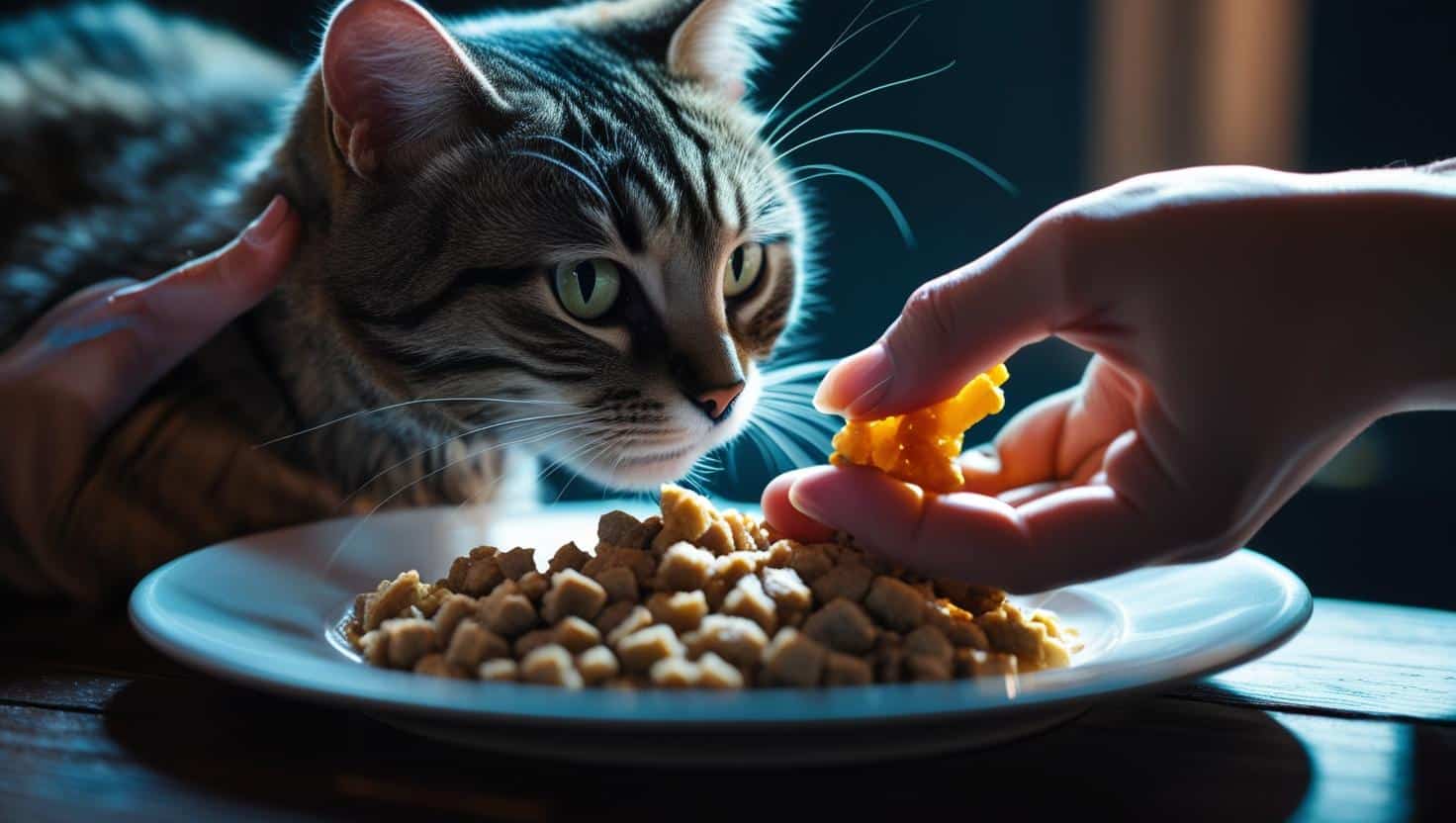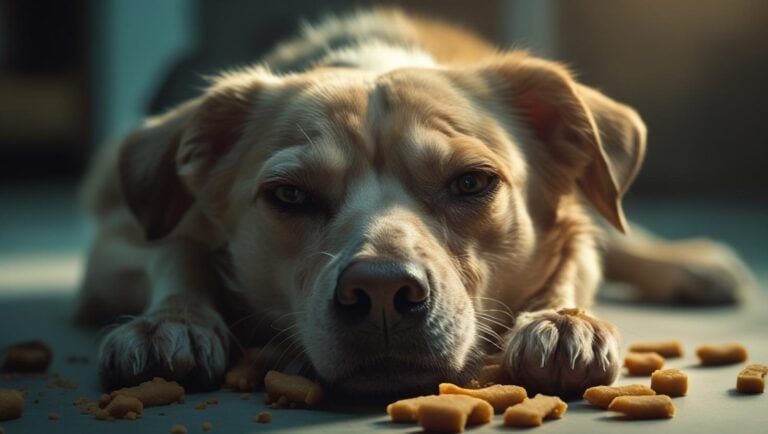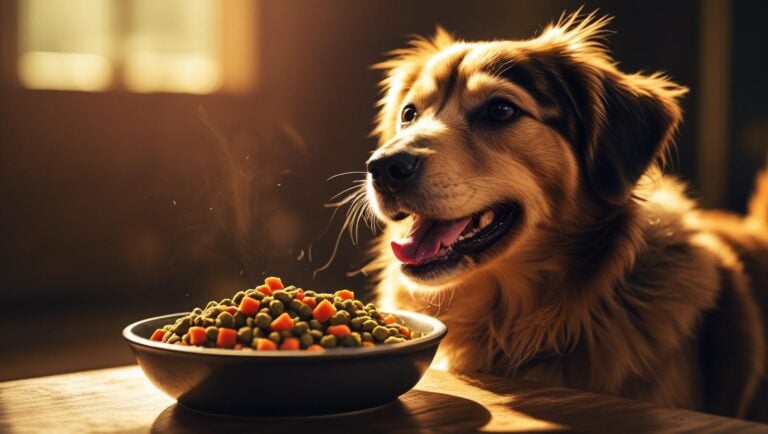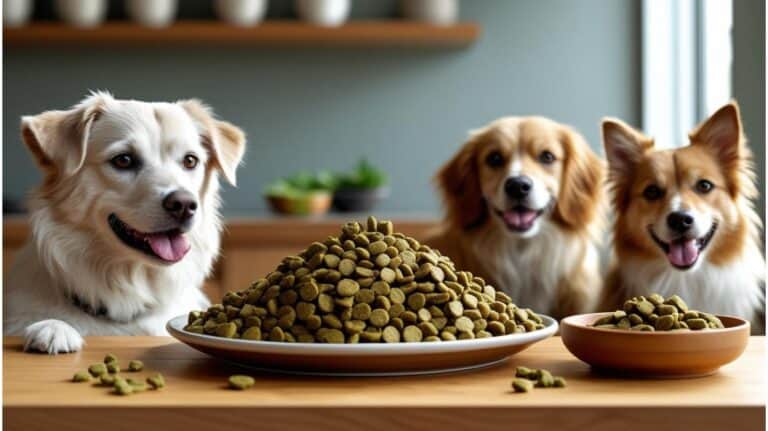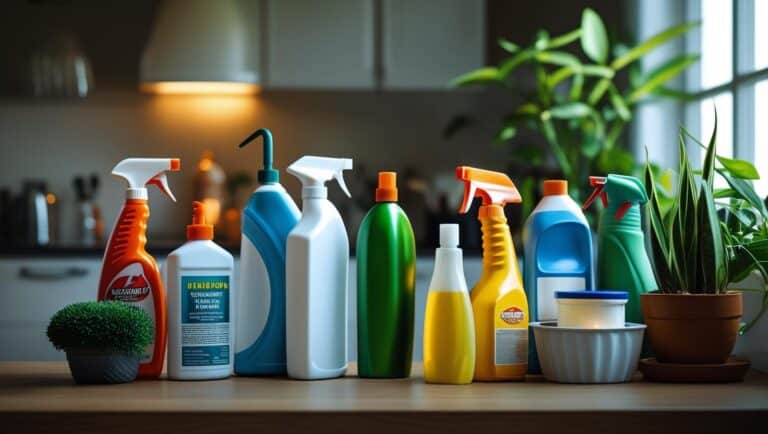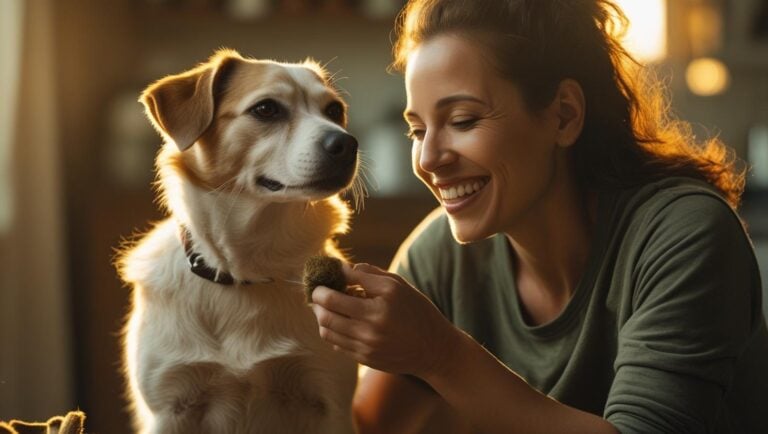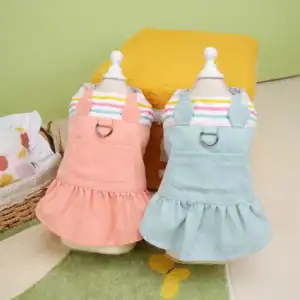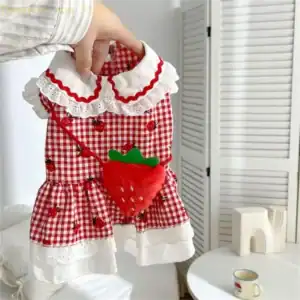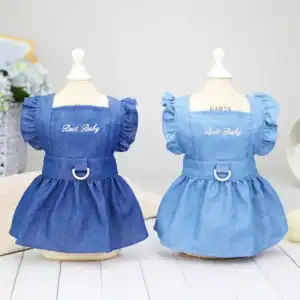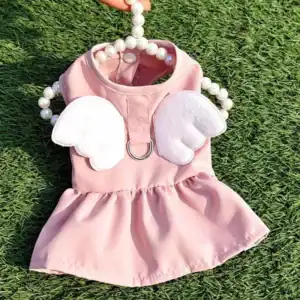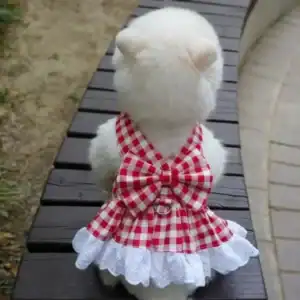Sharing food with your cat might feel like a sweet way to bond. After all, when those big eyes follow your fork, it’s hard to say no. Many owners slip a piece of chicken or fish under the table, hoping to treat their furry friend to something special. But the truth is, not every bite on your plate is safe for cats. What you eat could put your cat’s health at risk, even if you mean well. Before you slide that last bite of dinner into your cat’s bowl, it’s essential to know what’s safe and what could send you to the vet in panic.
What’s On Your Plate? Common Foods and Their Effects on Cats
A typical human meal includes a mix of proteins, veggies, carbs, and seasonings. Some of these foods cross over with a cat’s diet, while others could be risky or even deadly. Many ingredients in everyday meals can cause trouble, especially when they’re seasoned, cooked with sauces, or combined with other foods cats can’t process.
Foods That Are Safe for Occasional Sharing
Some human foods are safe in small amounts, as long as they’re unseasoned and cooked plainly.
Here are some safe choices:
- Cooked chicken or turkey: Plain, boneless, and skinless. Avoid seasoning or marinade.
- Cooked fish: Choose salmon or tuna, but opt for a small portion, avoiding bones and added oils.
- Scrambled eggs: No salt, pepper, or butter.
- Plain pumpkin: Helps with digestion, but only in small spoonfuls.
- Steamed broccoli or carrots: Softened and offered as an occasional treat, not a meal.
- Plain rice or pasta: Just a teaspoon, if your cat shows interest.
Remember, treats should make up less than 10% of your cat’s daily calories. Overfeeding can add up fast, putting your cat at risk for weight gain.
Toxic and Harmful Foods for Cats
Some popular foods and cooking staples are dangerous or even life-threatening to cats.
Never feed cats:
- Onions and garlic, in any form (powdered, cooked, raw), can cause anemia.
- Chocolate: Contains theobromine and caffeine, both toxic to cats.
- Grapes and raisins: May cause kidney failure.
- Cooked bones: Splinters can cause choking or internal damage.
- Dairy products: Most cats are lactose intolerant, which leads to stomach upset.
- Alcohol: Even small amounts can cause severe illness or death.
- Xylitol: This artificial sweetener, found in gum and some low-calorie foods, can cause liver failure.
Seasonings, butter, oil, and salt all add risk. Even foods that seem safe—like cooked meat—become hazardous if prepared with extra ingredients.
The Risks and Consequences of Feeding Your Cat Off Your Plate
Tossing a bite of leftovers into your cat’s dish may seem harmless, but it can have significant consequences. Some effects show up right away, while others sneak in over time, quietly hurting your cat’s well-being.
Immediate Health Dangers
Some foods cause quick and obvious symptoms, needing a trip to the vet.
- Poisoning: Signs include vomiting, diarrhea, rapid breathing, seizures, or collapse.
- Digestive upset: Even small amounts of rich foods can create stomach pain, vomiting, or runny stool.
- Choking hazards: Small bones or tough chunks may get stuck and block airways.
- Allergic reactions: Swelling, itching, or hives can appear suddenly.
Immediate reactions can be scary, but lasting effects can be even worse.
Long-Term Health Impacts
Human food isn’t designed for a cat’s unique needs. Over time, feeding scraps can lead to unbalanced nutrition and potentially create more significant problems.
- Obesity: Tiny treats add up quickly. Overweight cats are more likely to develop diabetes, arthritis, and liver disease.
- Nutritional deficiencies: Too much “people food” bumps out essential vitamins and amino acids found in quality cat food.
- Chronic health conditions: Regular intake of salty, fatty, or spicy foods stresses organs, especially the kidneys and heart.
Losing track of your cat’s daily diet can lead to trouble that’s hard to reverse.
Behavioral Problems
Feeding from your plate changes your cat’s behavior, and not for the better.
- Begging: Cats learn fast. If begging works once, they’ll beg every time.
- Food aggression: Sharing table scraps can cause cats to guard their food or lash out at others during mealtime.
- Refusing cat food: Some cats start turning up their noses at their meals, holding out for tastier “people food.”
Simple acts of kindness can cultivate habits that are difficult to undo with patience.
Conclusion
Cats trust us to look out for their best interests, even when they don’t know what’s safe. Feeding your cat off your plate may feel harmless, but it can lead to health issues, long-term illness, and challenging behavioral changes. Stick to food made for cats, and if you want to share, offer only plain, unseasoned treats in small doses. Avoid anything toxic, fatty, salty, or processed.
For the healthiest, happiest cat, chat with your vet before introducing any new food. Every cat has unique needs, and your vet can help you spot risks before they become problems. With a bit of thought, you can keep your plate and your cat’s safe, and both of you smiling at mealtime.

